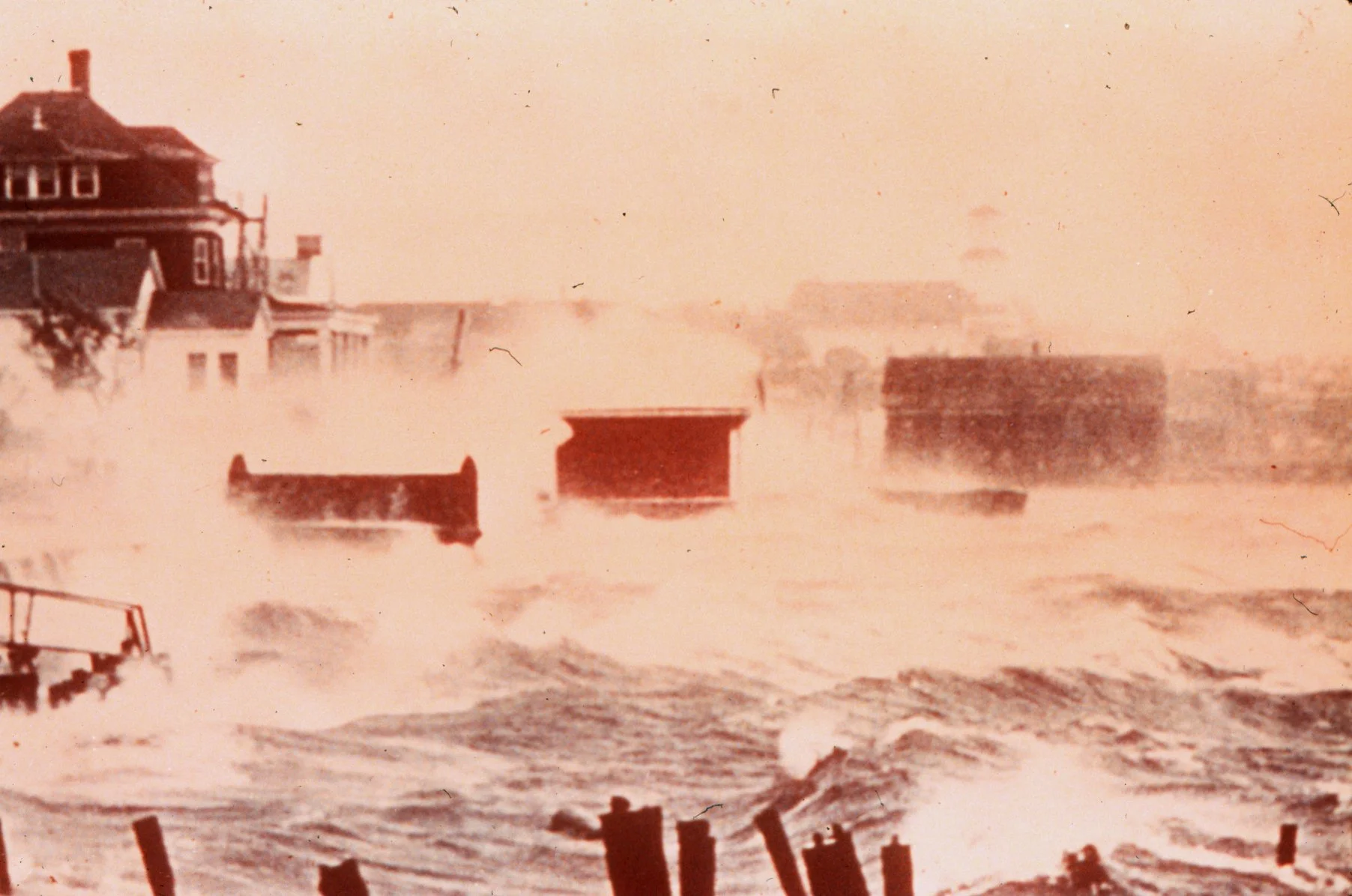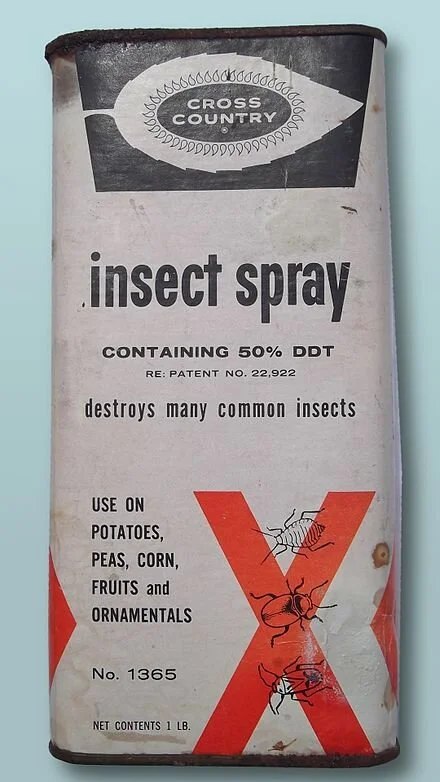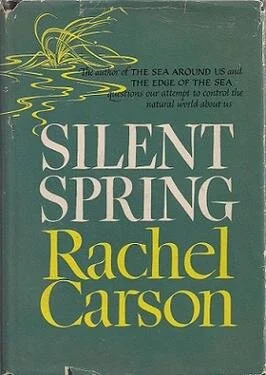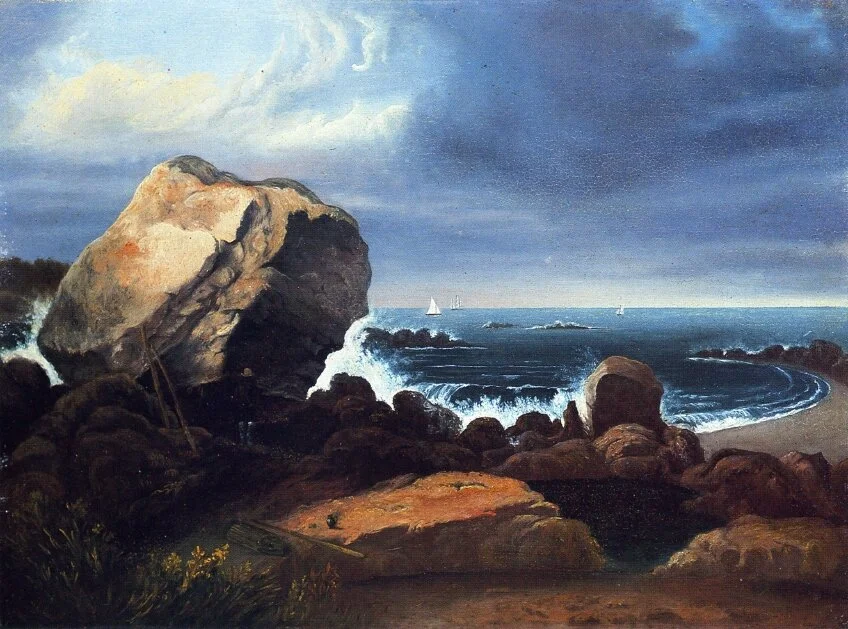
n
First the hurricane, then the popcorn
On the Connecticut coast during Hurricane Carol, on Aug. 31, 1954
Get out the popcorn
Adapted from Robert Whitcomb’s “Digital Diary,’’ in GoLocal24.com
The news-media hype last week about Hurricane Lee mostly reflects their craving for clicks/ratings from the drama associated with (mostly free) video. And I suspect that most people enjoy the excitement of a storm even if they’re in it, unless, of course, there’s some personal insult/expense, such as a tree falling on their house.
There was a minor hurricane called Belle back in 1976 that weakened and moved west of Rhode Island during our first residency in Providence. When it became clear that it wouldn’t amount to much, our next-door neighbor, the late great Luigi Bianco, whined in frustration: “But I want drama!”
Back in the ‘50’s, at our house on Massachusetts Bay, several hurricanes kept us well supplied with firewood from fallen trees and branches well into the ‘60s; we started to miss those storms when we ran low of firewood during the ‘60s tropical- storm shortage. The firewood was mostly for decorative fires during the holidays and to pop popcorn (to be soaked in butter and salt – no wonder we all got heart disease) -- and roast chestnuts. I still link the fires with watching home movies taken on a wind-up 8mm camera.
A book stopped DDT spraying
Cover of the first edition of Silent Spring
From Robert Whitcomb’s “Digital Diary,’’ in GoLocal24.com
I read Rachel Carson’s book Silent Spring on our back porch in the summer of 1962 as it was first published, in The New Yorker magazine. I already liked her stuff, especially The Sea Around Us and The Edge of the Sea (but then, my family lived on Massachusetts Bay).
Silent Spring told of the devastating effects of pesticide use, and especially of DDT, on ecology. The book’s title comes from the fact that the stuff was killing songbirds and other creatures in vast numbers. Despite pushback from chemical companies, the U.S. banned DDT in 1972, for which we can thank Rachel Carson.
We were so blithe about pesticide use back then. I remember small planes swooping down to spray fields, golf courses, woods, marshes and even suburban subdivisions. (For that matter, people were still pretty relaxed about cigarettes, despite the mounting evidence of their lethal effects.)
We’re still too blithe about herbicide use – e.g., Roundup – which causes short-and-long-term damage to the environment. There’s been no book out yet about their use and misuse with the impact of Silent Spring. Anyway, thanks to Ms. Carson, at least we aren’t being drizzled with poisons from planes flying a couple of hundred feet over the ground on nice summer days. I remember adults warning “Don’t look up!’’
Too bad that so many people hate weeds. Some are beautiful and most of what we eat is in effect cultivated weeds.
An airplane spraying DDT over Baker County, Ore., as part of a spruce budworm control project in 1955
Distraction via exploration
“Scituate Beach, Massachusetts,’’ byThomas Doughty, 1837
From Robert Whitcomb’s “Digital Diary,’’ in GoLocal24.com
When things in the world in general and/or in your own little world in particular seem almost intolerably tense, you can’t beat wandering around in nature without an itinerary for relief. I remember that fondly from my boyhood in a small, still partly rural, town on Massachusetts Bay. Alone, or with a pal or two, I’d go “exploring’’. And it was a good place to explore.
There were beaches, more pebbles than sand, with rocky headlands and innumerable sea birds, some of which would attack if you approached their nests. There were shark’s eggs to pick up, along with lovely sea glass (this was before the explosion of plastic pollution), and horseshoe crab shells amidst the seaweed dumped on the beach at the high-tide mark. (There were also tin cans to shoot at with BB guns.)
After northeast storms, we’d look for small boats that might have been tossed ashore.
Nearby were bullrush forests along the marshes, through which we’d make trails leading to little “rooms” we’d create. We’d use rowboats to explore the tidal rivers through the marshes, with their often sulfurous smells.
Sometimes in midwinter the more brackish and less salty marsh streams would freeze up and we’d do our exploring on skates.
Inland, small streams beckoned us to find their sources, and we’d check out a nearby farm, fragrant in certain weather with the aroma of manure, where we would sometimes intentionally irritate the bulls. There were rock-topped mini-mountains and tall oak trees to climb and abandoned houses to trespass in. (See poem fragment above.) And everywhere pleasing smells, such as of cedar trees, of which we had a lot, and flowering trees in May, of wet, newly cut grass and of rotting apples on the ground in the fall.
And the sights, smells and sounds could vary much from day to day, with the sharpest changes in early spring. Every day’s light was different.
What a miraculous world!
— Photo by Stefan-Xp
While this winter has generally been milder than usual, it looks like we won’t be getting the “January Thaw” – that sweet stretch of days with temps in the 50s that we often get at this time of year in New England, giving us a tempting taste of spring. A January Thaw would have been particularly appreciated by COVID-desperate restaurant owners because they could more comfortably serve customers outdoors.
Meanwhile, while most (?) New Englanders like mild winters, that our winters are getting warmer and shorter is a bad sign for the world, showing that man-fueled global warming is speeding up.








